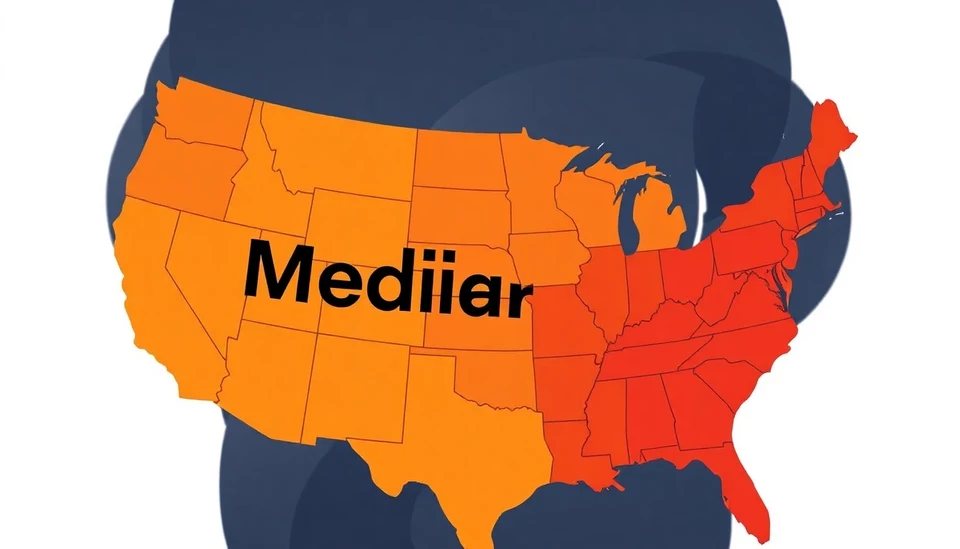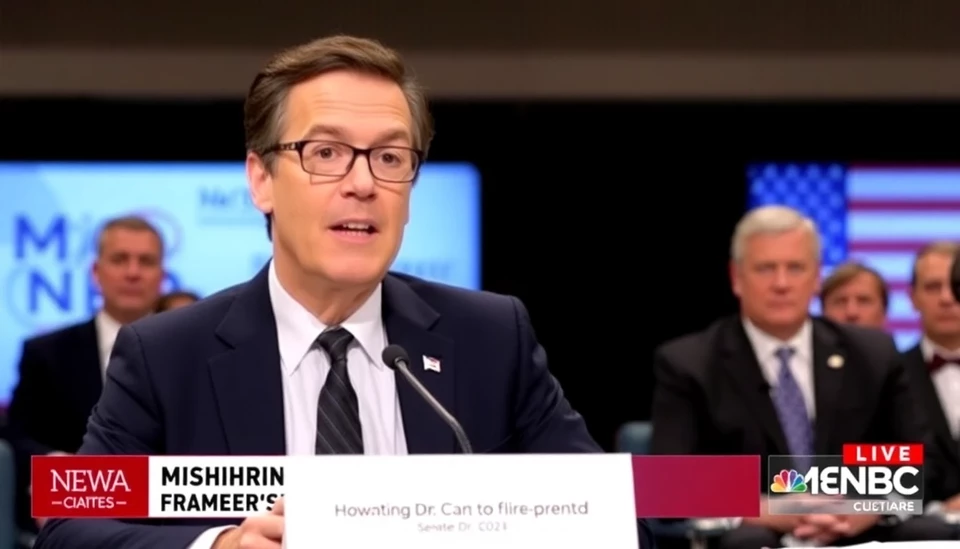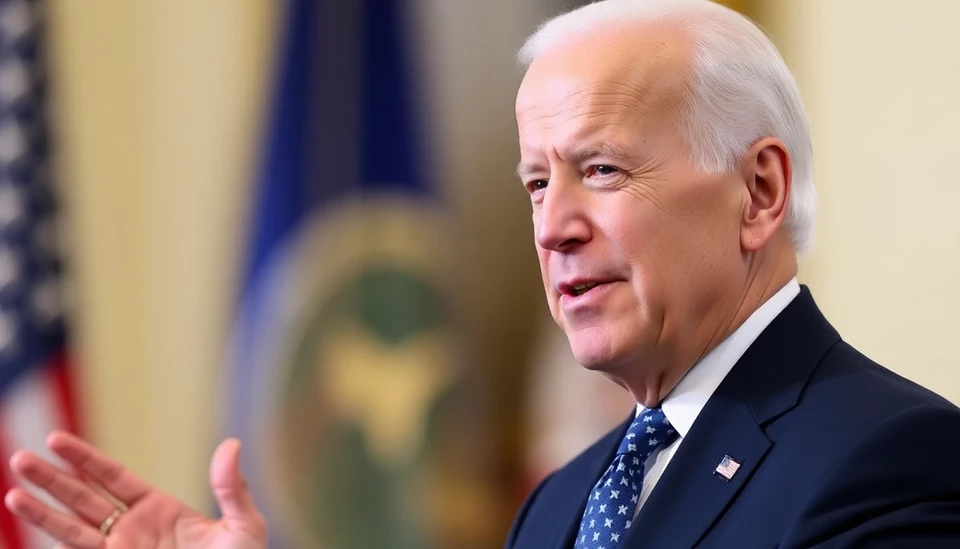
In a shocking development, numerous states across the United States are grappling with the ramifications of a federal aid freeze implemented during the Trump administration. This sudden halt has plunged many states into uncertainty, jeopardizing their Medicaid programs and leaving millions of beneficiaries in a precarious position.
The freeze, which affects a significant portion of the federal funding vital for Medicaid, has resulted in an abrupt restriction on financial resources available to states. Many officials have expressed that this decision has thrown their state budgets into disarray, forcing them to reassess their current healthcare programs and the sustainability of services they provide to their most vulnerable citizens.
Several states report that they are at a breaking point; with insufficient federal support, they struggle to meet the healthcare needs of low-income families, the elderly, and those with disabilities. This scenario has led to increasing concerns over healthcare access, as laid-off health workers and restricted services have become commonplace in the states most affected by the funding pause.
Governors have been vocal about the challenges they face, stating that without immediate Congressional action to restore funding, they may need to consider drastic measures. These could include slashing benefits or implementing cuts across various healthcare programs, which could eliminate essential care for millions of people who rely on Medicaid.
In response to the criticism and backlash from state leaders, advocates, and healthcare professionals, the Biden administration is reportedly exploring possibilities to address the funding freeze. This situation demands urgent attention, as the impacts are far-reaching and could set a precedent for future federal-state funding disparities.
Healthcare experts have also weighed in on the severity of the issue, warning that this funding freeze could lead to long-term repercussions for public health. If states cannot adequately support their Medicaid programs, they risk not only harming individuals who rely on these services but also destabilizing their overall healthcare systems.
The urgency of the matter is palpable as stakeholders from both sides of the political aisle have begun to realize the potential fallout of this aid freeze. As discussions unfold, the hope is that a bipartisan solution can be reached to prevent further damage to an essential public service that millions depend on for their health and well-being.
As the debate continues, the clock is ticking. Many states are preparing for the worst, leaving beneficiaries anxious about their healthcare futures with uncertainty looming large. A swift resolution is imperative if these states hope to avoid a healthcare crisis.
Amidst these rising concerns, it's clear that the decision to freeze Medicaid aid has put vulnerable communities at risk while igniting a contentious political discourse aimed at finding a viable path forward.
In conclusion, the intersection of political decisions and public health has never been clearer. The focus now shifts to whether lawmakers can rise above party lines to ensure that the fundamental right to healthcare is protected for all Americans, particularly those who need it the most.
#Medicaid #Healthcare #FederalAid #PublicHealth #BidenAdministration #TrumpPolicy #StateBudget #HealthcareAccess #VulnerablePopulations #Congress
Author: John Harris

